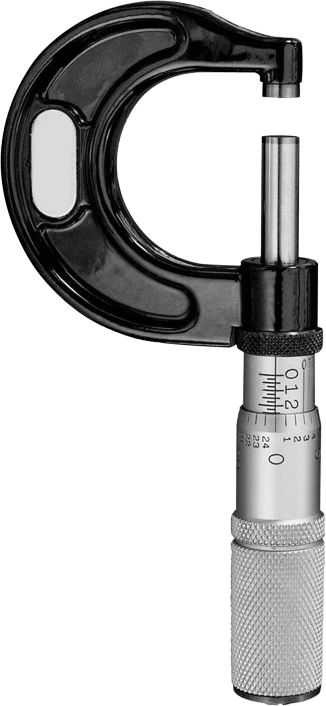
Precision is vital in the world of manufacturing when there are intricate designs involved, with complex components. Technological innovations have brought CNC milling technology to a venue that has revolutionised the machining sector. Everything from automotive to aerospace, and from there to electronics, ensures that your parts meet certain strict standards of efficiency and reliability.
What Is CNC Milling?
Computer Numerical Control milling is a method whereby machinery tools are controlled by computer systems with great precision. The cutting tools, shaping, drilling, or carving materials into desired forms are controlled by pre-programmed software. Conventional methods, on the other hand, depend on a manually operated machine, while the process is automated in the case of CNC milling. It sees to it that apart from reducing the probability of errors, consistent and accurate results are produced.
Materials dealt with range from metals to plastics, wood, and composites, while the operation performed may range from a simple drilling to as complex as multi-dimensional shaped parts. From the complex pieces of engines down to intricately designed medical parts, the precision, speed, and flexibility work reliably courtesy of CNC milling.
What are the Key Advantages?
Exceptional Precision and Accuracy
With this technology, one has the advantage of getting components which will be very accurate. Each component manufactured will strictly conform to the specifications, thus allowing uniformity of the batches. This is of great importance in fields such as automotive and aerospace, where every minute difference may result in a big problem.
Improved Efficiency
These machines can operate around the clock, boosting output and cutting down on errors. With automation, there’s less need for hands-on work, which helps speed up production and lowers the risk of mistakes.
Versatility in Materials and Designs
It allows the use of a wide range of materials: metals, including aluminium and steel, plastics, and the whole range of composites. This technology enables the use of complex designs like curves and other complicated shapes that are hard or impossible to make by hand.
Applications Across Industries
Automotive
Precision machining is vital for producing engine parts, gearboxes, and other essential components. The automotive sector relies on it for flawless fitting and smooth operation.
Aerospace
The aerospace industry uses this method to make crucial parts that must meet high safety and quality standards. Since these parts need to handle tough conditions, precision is key.
Electronics
This technology plays a crucial role in producing electronic components like circuit boards, connectors, and other detailed parts. Precision is key to ensuring that even minor deviations do not affect performance.
Medical Devices
The healthcare industry relies on this method to produce medical implants and tools. Precision matters because the quality of these parts directly affects patient safety.
Why Choose Melfab Engineering for Precision Machining?
At Melfab Engineering, advanced technology comes together with years of experience to reach an accomplished and trustworthy solution. From the most delicate and detailed pieces to much larger, complex components—the right equipment and talent in our team can handle a wide range of requirements.
Melfab Engineering enjoys an excellent reputation as a reliable partner in most industries. It is our honour to commit ourselves to seeing you through in achieving your goals with quality machining solutions, from prototypes to small batches and into high-volume manufacturing service.

